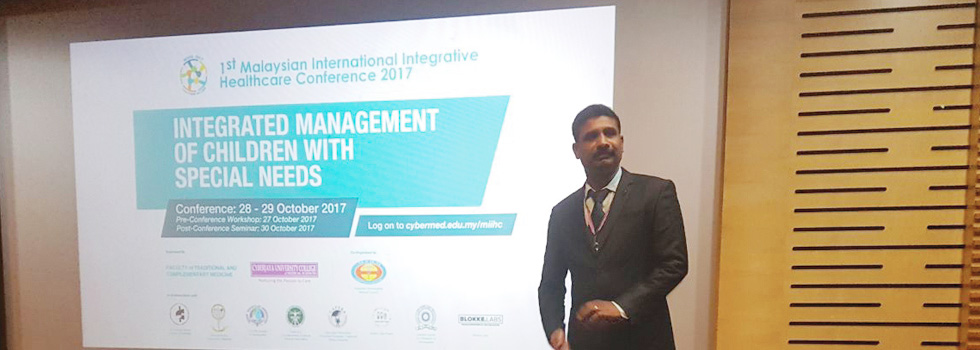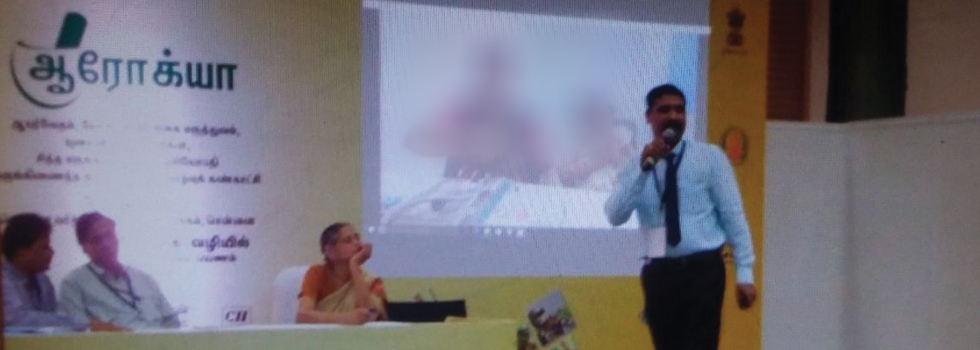






 Bedwetting is involuntary urination while asleep after the age at which bladder control would normally be anticipated. The medical term for this condition is "nocturnal enuresis." Primary Nocturnal Enuresis (PNE) is when a child has not yet stayed dry on a regular basis. Secondary Nocturnal Enuresis is when a child or adult begins wetting again after having stayed dry.Bedwetting is the most common pediatric-health issue.
Bedwetting is involuntary urination while asleep after the age at which bladder control would normally be anticipated. The medical term for this condition is "nocturnal enuresis." Primary Nocturnal Enuresis (PNE) is when a child has not yet stayed dry on a regular basis. Secondary Nocturnal Enuresis is when a child or adult begins wetting again after having stayed dry.Bedwetting is the most common pediatric-health issue.
Studies show that parents become worried too quickly because they expect children to stay dry too early. Most girls can stay dry by age six and most boys stay dry by age seven.By ten years old, 95% of children are dry at night. Studies place adult bedwetting rates at between 0.5% to 2.3%. Developmental delay causes most bedwetting, frequently associated with a family history of the condition. Only a small percentage (5% to 10%) of bedwetting cases are caused by specific medical situations.
Treatment ranges from behavioral-based options such as bedwetting alarms, to medication such as hormone replacement. For most patients, the treatment is aimed at protecting or improving self-esteem. Treatment guidelines recommend that the physician counsel the parents, warning about psychological damage caused by pressure, shaming, or punishment for a condition children cannot control.
In homoeopathy medicine like rhustox, sepia, equistrum, apocynum are used for the treatment. The proper analysis of the case with the qualified homoeopathic physician will give the better results.